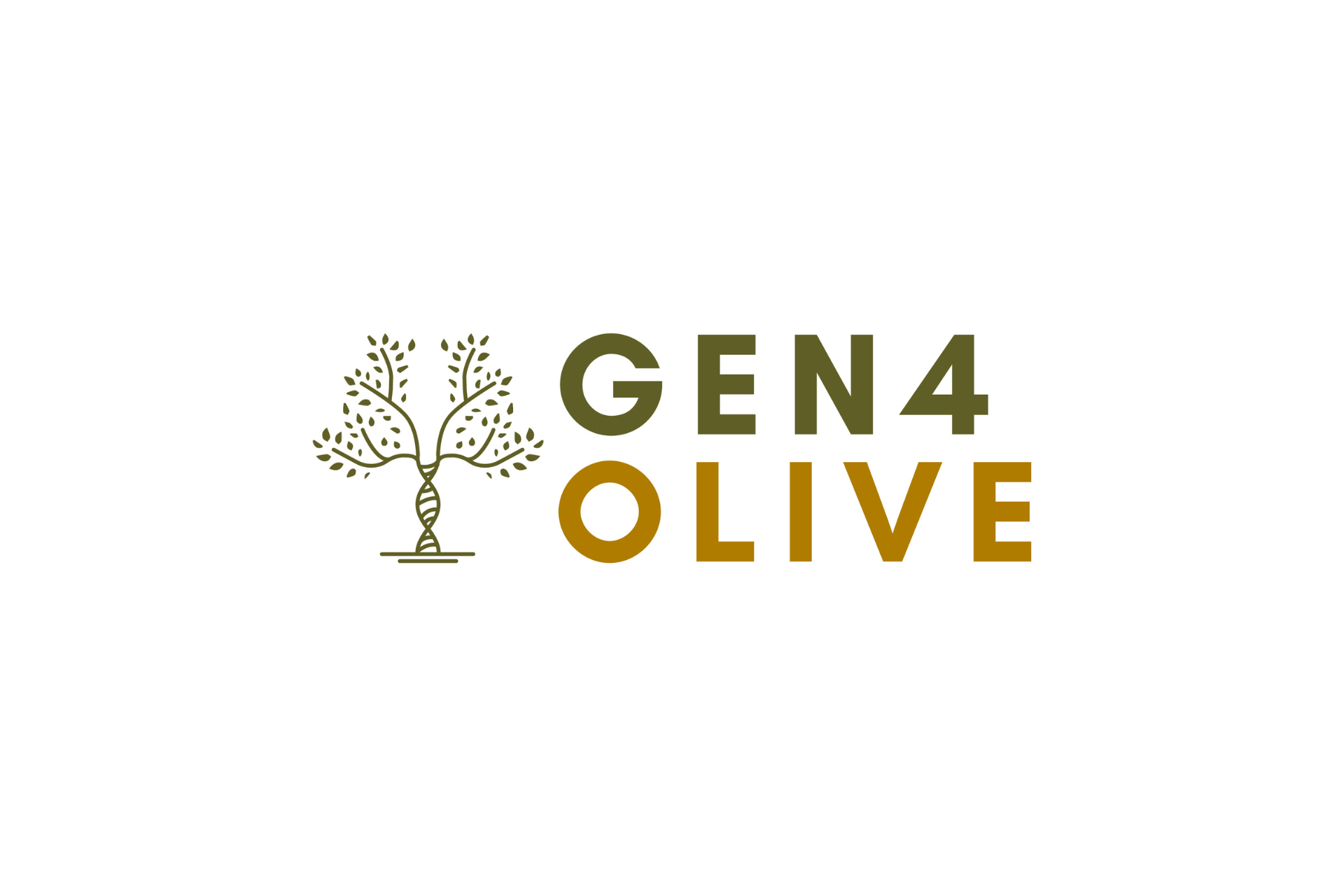
Threat of Xylella Fastidiosa
Xylella fastidiosa is a bacterial plant pathogen transmitted by xylem fluid-feeding insects, specifically the spittlebug (Philaenus spumarius). The bacterium colonizes the xylem vessels of the plant, blocking the uptake of the nutrients and water essential for plant health.
Once this happens, severe symptoms of Xylella become apparent. As there is currently no cure for Xylella, infection frequently leads to plant death.
Xylella fastidiosa has been spreading rapidly across Southern Europe, damaging and destroying entire olive and almond orchards. One of the regions in Europe hit hardest is the region of Apulia (Italy), where olive production diminished by an alarming 65%-80%. Heritage 400-year-old olive trees have been destroyed and an estimated 100,000 jobs have been lost. Similar outbreaks have been reported in other countries, especially Spain.
There are currently no organic pesticides available to help control the spread of the disease.
The BIOVEXO Project
The BIOVEXO Project is exploring innovative biopesticides to target the Xylella bacterium (X-biopesticides) and the spittlebug, which is the pathogen vector (V-biopesticides). Six candidate biocontrol solutions which have shown promise in vitro either against Xylella or its vector have been selected for further testing within the BIOVEXO Project: two bacterial strains; a microbial metabolite; two plant extracts; and an entomopathogenic fungus.
These biopesticides are being tested for use in both curative and preventive approaches to controlling Xylella fastidiosa. Following the small-scale on-field validation and improved formulation, the BIOVEXO Project aims to upscale production of best-performing biopesticides. A large pilot scale on-field validation of control strategies for integrated pest management, including a real-life evaluation in two major Xylella outbreak regions in Europe is underway in traditional and newly planted olive orchards in Apulia (Italy) and Mallorca (Spain). Additional testing will be done on almond trees.
Project objectives
The BIOVEXO Project aims to produce and test innovative biopesticides, bringing them to a Technology Readiness Level (TRL) 7-8 (i.e. close to market entry) for use in organic and non-organic production systems, specifically:
- Reducing Xylella pressure and disease severity in olive cultivation
- Protecting and securing long-established olive orchards
- Preventing Xylella infections and disease in new olive plantations
- Securing and sustaining jobs in disease affected areas
- Ensuring continued olive and almond cultivation
This project has received funding from the Bio Based Industries Joint Undertaking under the European Union’s Horizon 2020 research and innovation programme under grant agreement No 887281.









